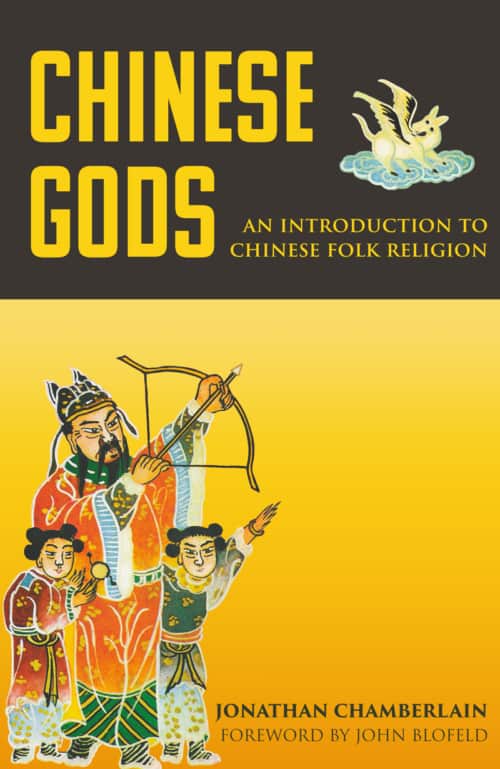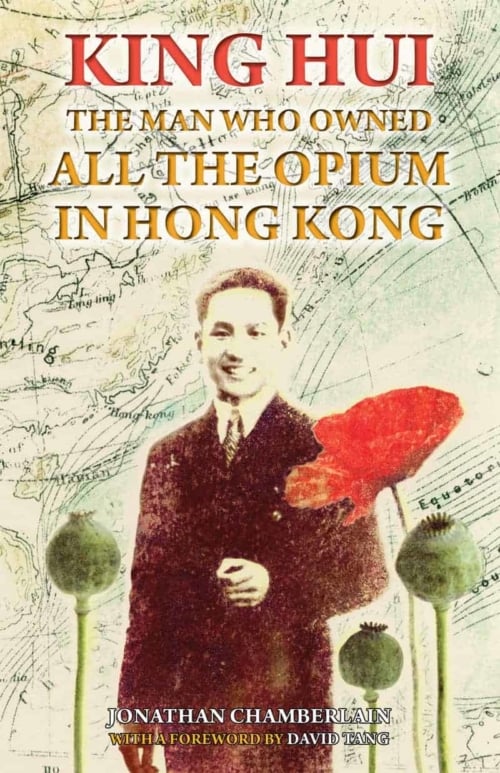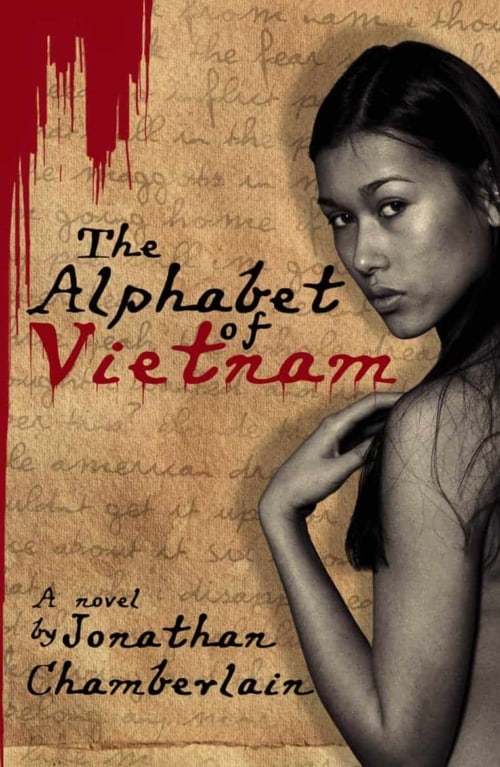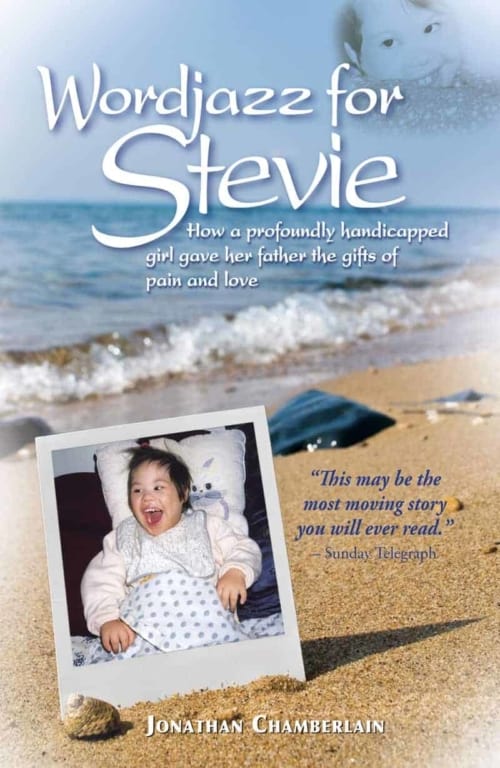with a foreword by Sir David Tang
From the start of the Korean war to the end of the Vietnam war, Hong Kong was a major R&R centre for soldiers and sailors. And there were thousands of local people who made their money making sure these visitors had a good time and got the suits and the girls they wanted. In fact they didn’t just wait for their customers to arrive – they sailed out in a flotilla of small boats to greet the ships as they entered the harbour. And then, when the ships had anchored, they shimmied up the anchor chain to be the first to get the orders for shirts and trousers. These were the tailor shop order men. Peter Hui was one of them.
But who was Peter? What was his story?
Well, before he took to being a tailor he had been a famous kung fu fighter; a rich playboy, a frequenter of the pleasure houses of Macau; a gambler (he had run three gambling joints in Canton when the Communists walked in); the brains behind a gang of armed robbers (he alone escaped arrest when their third robbery went wrong); an associate of triads – and, before all that, he had been the owner of the biggest string of Mongolian ponies at the Hong Kong Jockey Club – that was during the war years when he was a leading collaborator of the Japanese. He had once, for a very short time, owned all the opium in Hong Kong!
Later, after his tailoring days had gone flat, he was paid by a CIA officer to report on events in China. This was during the tumultuous years of the Cultural Revolution, when Red Guard factions fought amongst each other.
Some periods in history are best illuminated by the stories of men and women who lived through them. This is one of those stories. As we follow Peter’s life – his ups, his downs – we see in sharp focus what it was like to be a Chinese man in the British colony of Hong Kong through most of the years of the 20th century. This is the true, bizarre story of a man who knew everybody and saw everything. He wasn’t a wicked man. He was just trying to get by, like everyone else. This is his truly fascinating story.
And yet this book is not just one man’s story. It is the story of a time and place – colonial Hong Kong, Portuguese Macau and the south China hinterland between Hong Kong and Canton – seen from the unique point of view of a man who was at home at all levels of society. There are, for example, no other published accounts of the Japanese occupation of Hong Kong as seen from the non-combatant Chinese perspective.
The World of Suzie Wong was a best-selling novel in the 1960s – and this story is its background. If Suzie had been a real girl, Peter would have known her.
Look inside this book
Click on the following link to view sample pages from King Hui. You will need a pdf reader to view this excerpt.
Introduction



